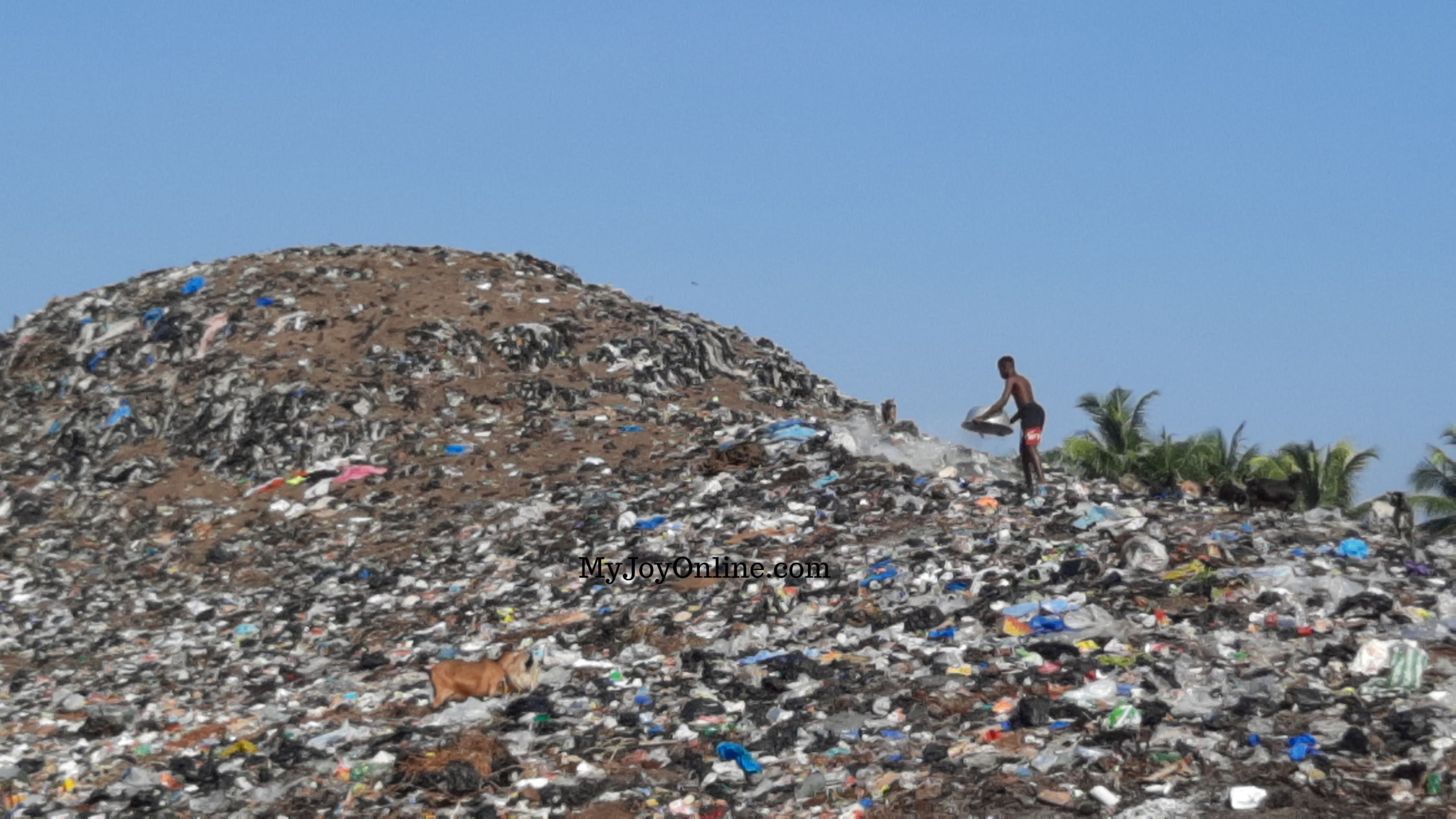
Waste as a Resource
Solid waste management is a global issue. It affects every single person in the world and individuals and governments make decisions ranging from consumption to waste management that affect the daily health, productivity, and cleanliness of communities. Poorly managed waste potentially contaminates the waterways, obstructing drains and causing flooding, transmitting diseases via breeding of vectors, increasing respiratory problems through airborne particles from waste incineration amongst other negative impacts.
The Sub-Saharan Africa region generates a significant amount of solid waste (over 170 million tonnes in 2016), and, according to World Bank (2018), this amount is expected to increase at a higher rate than for any other region given the high rate of urbanization and population growth in the coming decades. As countries transition from low-income to middle- and high-income levels, their waste management situations also evolve. Furthermore, rapid urbanization and population growth create larger population centres, making the collection of all waste and the procuring of land for treatment and disposal more and more difficult.
In Nigeria, some of the challenges faced include lack of funding, infrastructure, legislation, knowledge, and awareness on solid waste issues (Aluko et al., 2021). However, there is a huge potential for job creation in the solid waste management sector via activities such as collection and segregation, recycling and composting (Bundhoo, 2018). This will require adequate planning following the Waste Hierarchy (Figure 1) with emphasis on waste minimisation. As with many African countries, the informal sector is very active in waste management and is largely responsible for recycling.
When properly supported and organized, informal recycling can create employment, improve local industrial competitiveness, reduce poverty, and reduce municipal spending on solid waste management and social services. Some of the more successful interventions to improve informal waste pickers’ livelihoods are formalization and integration of waste pickers, strengthening of the recycling value chain, as well as consideration of alternative employment opportunities. This is an area that can be tapped into in Nigeria by providing the right legislative, social and infrastructural mechanisms. – Olanrewaju Shittu
